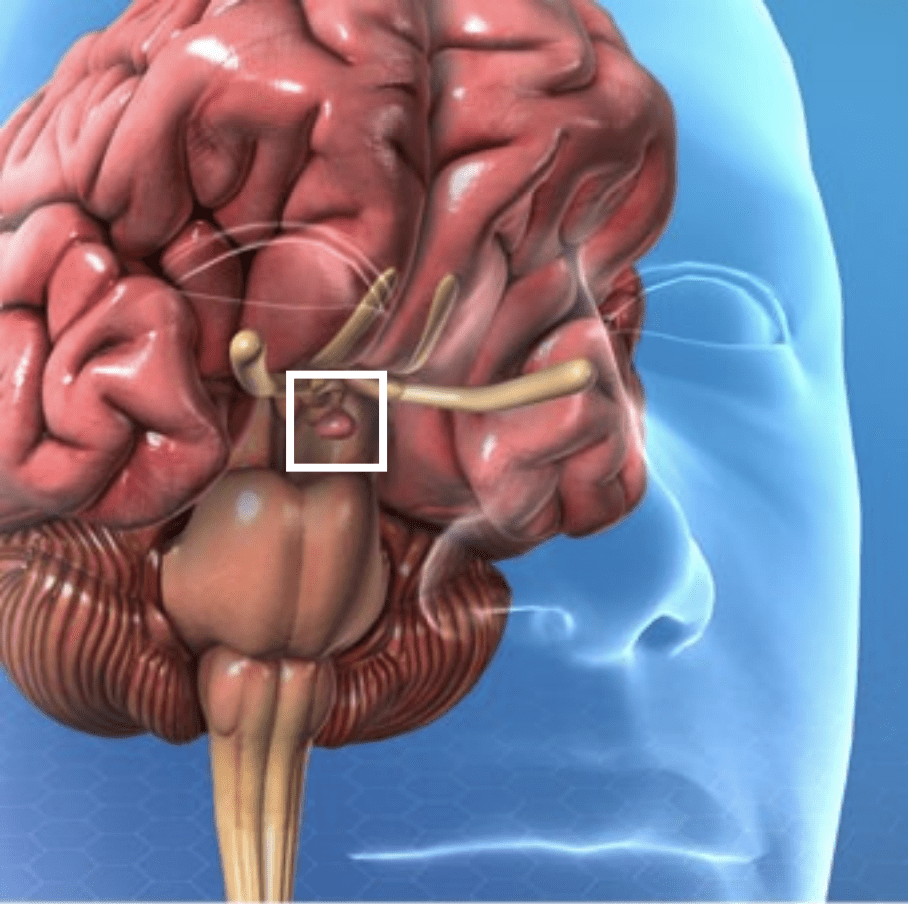Conditions We Treat.
Home > Conditions > Pituitary Tumors
Pituitary Tumors
The pituitary gland is located at the base of the brain. It is a small organ that releases substances which control the basic functions of growth, metabolism and reproduction. Tumors in this area can hinder this function, and large tumors can put pressure on the brain and nerves, causing damage.
Symptoms of Pituitary Tumors:
A pituitary tumor causes symptoms by either causing the pituitary gland to release too much or too little hormones. Symptoms vary depending on the type of pituitary tumor. Generally, patients report symptoms such as:
- Vision changes
- Headaches
- Disrupted menstrual cycles
- Changes in weight
- Hormonal changes
A tumor that secretes hormones produces symptoms by releasing too much of the hormone. While some tumors cause the gland to stop releasing enough hormones. A pituitary tumor may also cause symptoms by growing and pressing on critical structures, like the nerves to the eyes. Most pituitary tumors are benign, though they can be malignant in rare cases. Typically, CT or MRI is needed to diagnose a pituitary tumor.
Treatment for Pituitary Tumors:
Because pituitary tumors grow slowly, some may be managed with medication. Additionally, medication may be suitable for patients who cannot undergo surgery, such as the elderly or those with other serious medical conditions. Patients will be monitored closely with regular exams and imaging to ensure the tumor is not growing.
Surgery is recommended for pituitary tumors that cause symptoms—especially larger tumors that may be damaging the brain. The transsphenoidal operation is the most common operation for a pituitary tumor. This is a minimally invasive surgery to remove the tumor through the nose without an incision.
*Disclaimer: The materials available at this website are for informational purposes only and not for the purpose of providing medical advice. You should contact your doctor to obtain advice with respect to any particular medical issue or problem. Use and access to this website or any of the links contained within the site do not create a doctor-client relationship. The opinions expressed at or through this site are the opinions of the individual author and may not reflect the opinions of the medical office or any individual doctor or physician.
We specialize in Treatment for Pituitary Tumors
At Nashville Neurosurgery Associates, we are proud to be one of the region’s leading neurosurgical centers. Dr. Franklin is a nationally recognized experts in the care and treatment of pituitary tumors.



